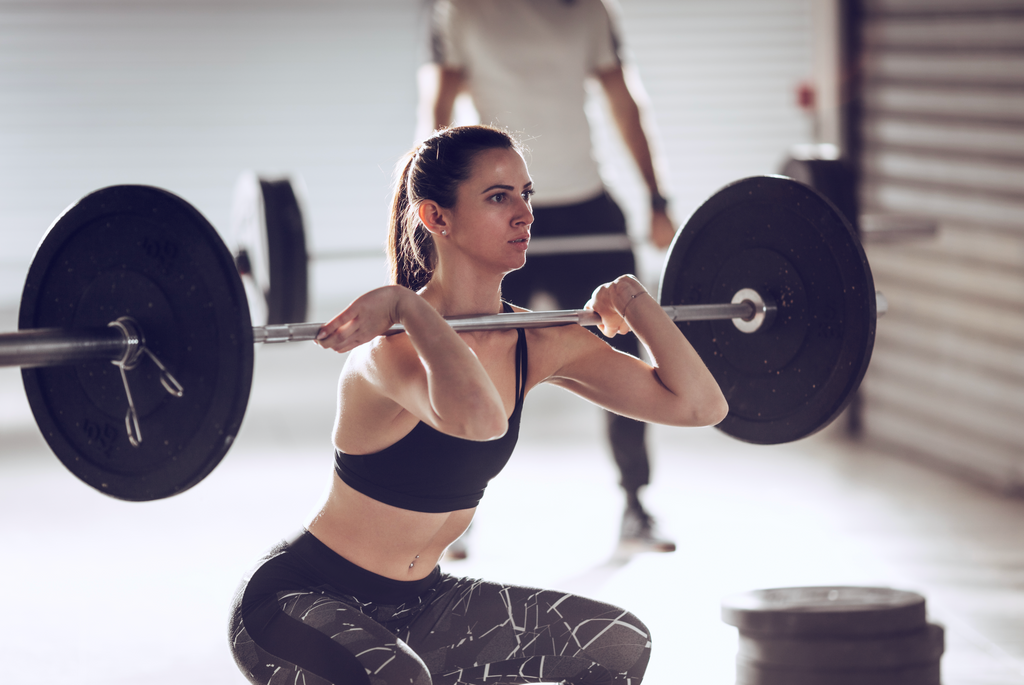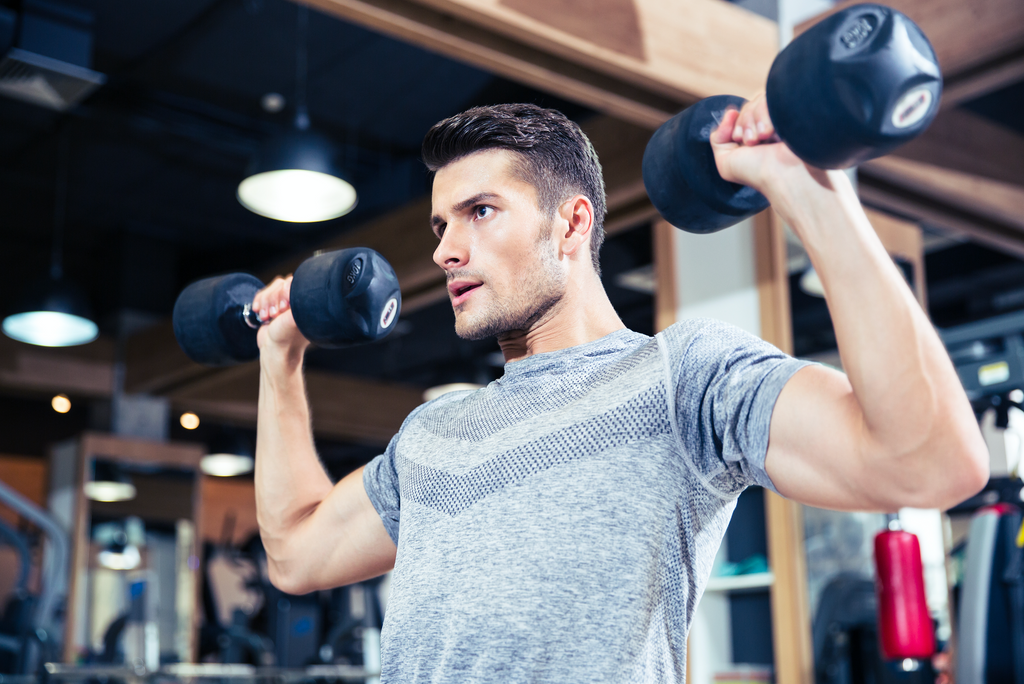Branched Chain Amino Acids (BCAAs) are the three essential amino acids — isoleucine, leucine, and valine — which are not naturally produced by the body (though the body still needs them to function optimally). For this reason, you'll find BCAAs either need to be consumed through diet or by taking supplements.
Most commonly you'll find BCAAs in protein-rich foods like meat, poultry, beans and certain legumes. And while most people meet their daily BCAAs goals without supplementing, vegans and athletes and those who regularly do intense exercise may benefit from taking a supplement with them.** (And for good reason!)
The benefits of BCAAs have been shown to “build muscle, decrease muscle fatigue, and help with DOMS (delayed onset muscle soreness),”** saysJamie Hickey, Nutritionist and Founder of Truism Fitness. Studies also show thesethree amino acids may help lower serotonin levels which can reduce exercise-induced fatigue.
So while it makes sense that the supplement would be used in tandem with exercise, you may still be wondering when to take BCAAs, specifically if you should take BCAAs before or after a workout. Below, we’ll explore this further.
Note:We also recommend discussing your health goals with your licensed healthcare professional. They can best provide you with the diagnosis and treatment of any medical condition and assist you as well in deciding whether a dietary supplement will be a helpful addition to your regimen.

When Should I Take BCAAs: Before Or After A Workout?
If your lifestyle allows it, ideally you’ll take BCAAs beforeand after a workout. “I always recommend that 5 to 10 grams of BCAAs are taken when you first wakeup, another 5 to 10 grams 15 minutes before you workout and another 5 to 10 grams after dinner,” Hickey tells Lively. Note: This dosing will depend on your weight (more on that later).
If you’re also taking EAAs, which are the nine essential amino acids the body needs (including the three BCAAs), Hickey says that the best time to take your 10 gram dose of EAAs is right after your workout to help increase anabolic rates and help with soreness. If you’re taking BCAAs at night after an evening workout, make sure your supplement does not contain caffeine, creatine or any other ingredients that could interfere with sleep.**
However, If you really need to decide between taking BCAAs before or after a workout, after is probably your best bet. “Taking BCAAs after your workout is beneficial because there is a 30 to 45 minute window depending on your metabolism where your body is looking to replace the nutrients it lost during your workout,” Hickey says. He adds that the amino acids in the BCAAs help trigger protein synthesis, prevent inflammation and start the recovery process.**

How Many BCAAs Should I Take?
It’s important to know just how many BCAAs you should take per day. According to this study, Most people need about 91 milligrams of BCAAs per pound of body weight, but most BCAAs supplements are dosed using grams. Don’t forget to convert those milligrams to grams, or you’ll end up taking way too much which can cause fatigue, nausea and headaches. One milligram is equivalent to .001 gram, so a 150 pound person would aim for about 13.6 milligrams of BCAAs per day.
To find your perfect dose, just take your body weight, then multiply it by 91, then take that number and multiply by .001 to find the average amount of BCAAs you need per day.

Should I Take BCAAs Every Day?
You can take BCAAs every day, especially if you’re doing a daily workout. Some research has shown that BCAAs actually have greater benefits with prolonged use when compared to acute use, so you may reap more of the positive effects of the amino acids if you take them regularly.**
If you’re not interested in taking a supplement, another way to get adequate amounts of BCAAs is to “make sure you get protein throughoutthe day at every meal and snack,” saysAmanda Kostro Miller, RD, LDN.













